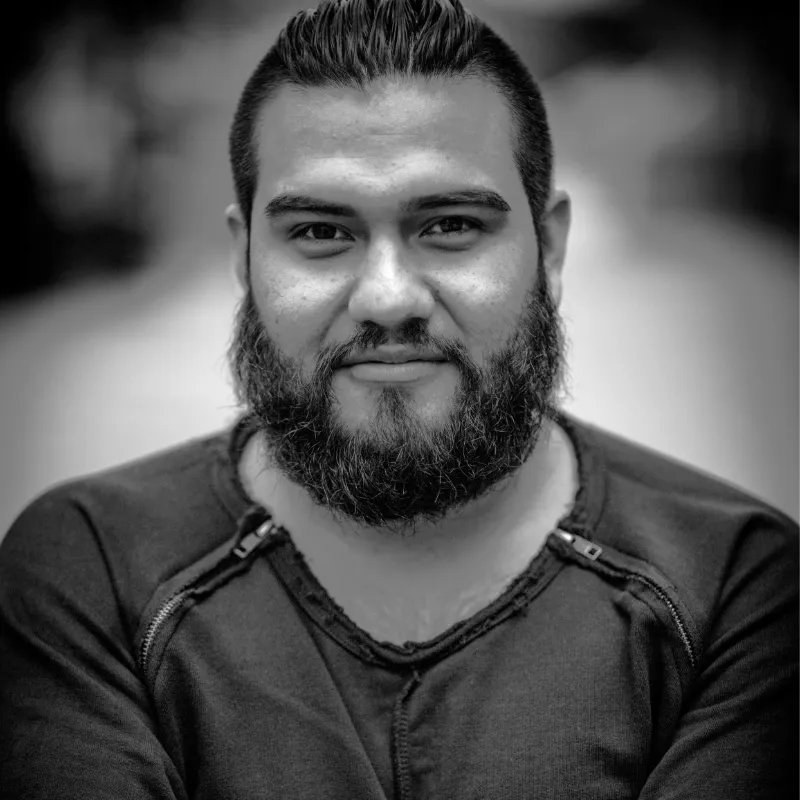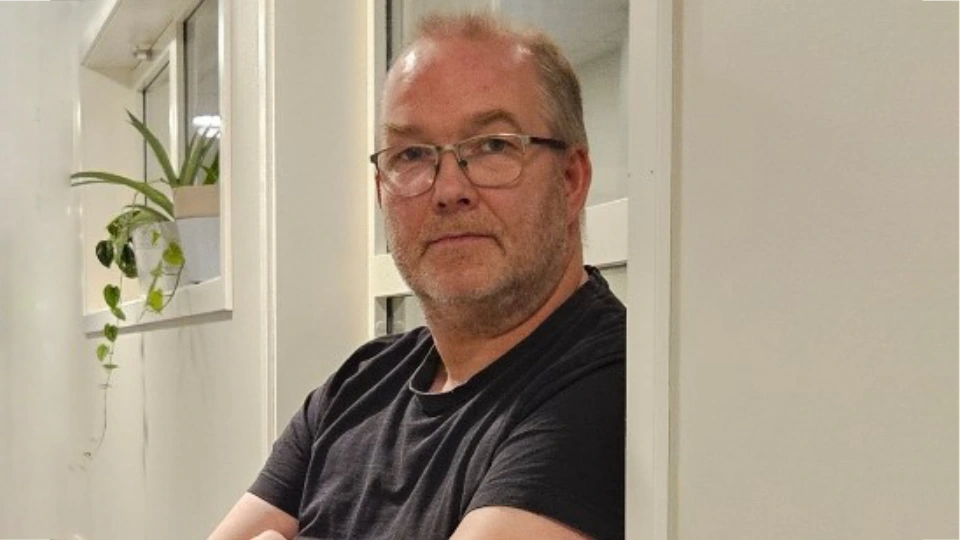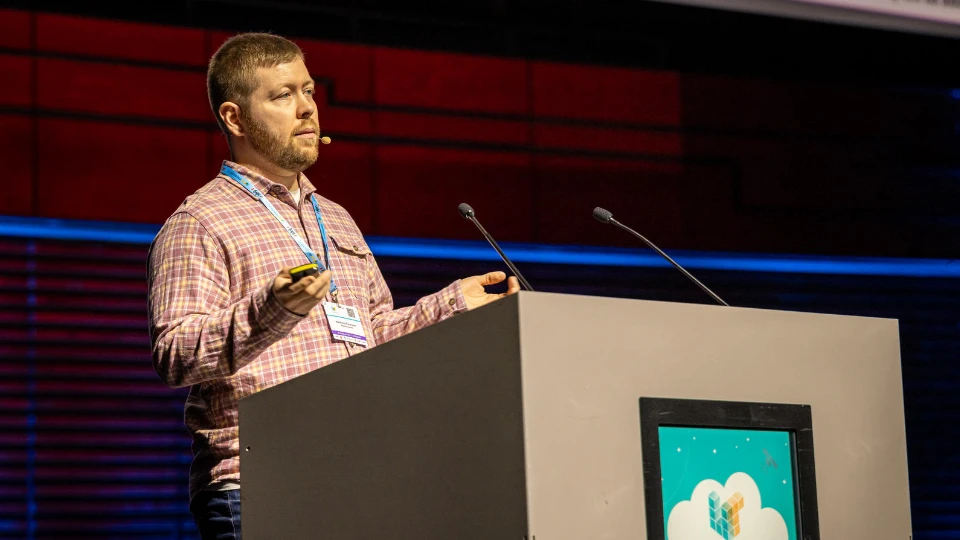This article was originally published in Norwegian and has been translated to English and Finnish by EPALE, funded by the Erasmus+ programme.
Menn i helse – Men in Healthcare
There is a high demand for more workers in the healthcare sector. Anyone who trains for healthcare work has a good chance of getting a job where they live. The collaborative initiative “Menn i helse” is a programme for job-seeking men aged from 25 to 55 and over and who are registered with NAV. They are offered an accelerated training programme that leads to a certificate of qualification as a healthcare worker. If you did not go to an upper secondary school or if you did not finish it, you can apply to have your prior learning assessed (validated) in the theoretical subjects. If you fulfil the requirements, you can proceed directly to the health sciences programme. If you lack something in a subject, such as maths, you can work through it without having to complete the entire two years of schooling.
“Menn i helse” is a collaboration between municipalities, NAV, county councils, the local government sector’s interest organisation KS and the Norwegian Directorate of Health. More than 1,000 men have taken the vocational training programme through “Menn i helse”. 9 out of 10 of them have found a relevant job in the healthcare sector, according to the “Menn i helse” website. This makes “Menn i helse” one of the most successful programmes for recruiting men to the healthcare sector, according to the 2023 National Budget of Norway.
We have spoken to two people, both living in Northern Norway, who have completed their prior learning assessment and who have then taken part in the educational programme offered by “Menn i helse”. They have both obtained a vocational qualification as healthcare workers, and they got jobs the day after completing their training.
35 years of hard physical labour
Tommy Hauglid has worked in physically demanding jobs since the age of 16 – first as a fisherman for fifteen years, and then as a carpenter for the next twenty years. After years of hard physical labour, his body finally said stop. His body had gone through wear and tear together with osteoarthritis and arthritis. He was on his way to receiving disability benefit, but fortunately for both himself and society, he came across the “Menn i helse” programme. Today, he has a vocational qualification as a healthcare worker and a permanent job in a home for the mentally disabled. He manages this job despite sore knees and other physical ailments.
Seasonal fishing in Lofoten or the health sector?

– Both options worked for me. It’s obviously tempting to make a lot of money fishing for a few months, but I had to think about the future. ‘I need to go home and talk to my partner before I make a decision,’ I told my caseworker. I ended up choosing the healthcare sector, as it has good prospects for finding a permanent job locally.
Prior learning assessment
Definition:
Prior learning assessment is the assessment of an individual’s competences against set criteria. The assessment may lead to shortened training, admission to a study programme, exemption from parts of a study programme, a new job or a higher salary. (Norwegian Directorate for Higher Education and Skills)
While Tommy Hauglid somewhat casually learned about “Menn i helse” and the opportunity for prior learning assessment, Linares was informed about this by his caseworker. The problem for Linares, who was educated in the US, was obtaining school certificates. After multiple attempts, he gave up. Then came the offer for prior learning assessment. He had to be tested in the basic subjects offered by Norwegian upper secondary schools. There were both written and oral tests over several days. His English was fine since he had many years of experience living in the US. Norwegian was somewhat more difficult for him, but he had taken several courses in adult education and passed the test. In science, there was an oral examination with questions about photosynthesis and such. When it came to mathematics, it became difficult, but he was offered a maths course in parallel with starting his education in the healthcare sector.
– It was nice to be able to be tested locally in Harstad. After the maths course, I took an online exam with a teacher in Tromsø, and fortunately it was approved, says Linares.
Missing secondary education
For Hauglid, the prior learning assessment was also a viable way forward. He had not attended upper secondary school and his papers from primary school were nothing to brag about.
– Someone randomly mentioned “Menn i helse” to me and the opportunity for prior learning assessment. I was then on a work trial after being on sick leave for a year, says Hauglid. He contacted the county coordinator and was advised to apply to have his prior learning assessed. This got the ball rolling, and he was called in for an interview to see if he would qualify for prior learning assessment.
– My grades from school were at the bottom of the pile, there’s nothing else to say about them. I still able to get into the mechanics programme in Tromsø back then. Since I was living on Senja, where I grew up, I had to rent a place in Tromsø. But it turned out to be impossible to find a place to live at an affordable price. So I dropped out of school and became a fisher instead, says Tommy Hauglid.
Two-day examination
– Tell us about the prior learning assessment itself, how did it take place?
– The examination was held over two days and we were given assignments in Norwegian, English, social studies, maths and science. Since I have difficulties with writing, oral examinations were also organised. I did well in maths and got most of the questions right. Fortunately, I passed all the subjects and was able to go straight into the healthcare worker programme.
Many long evenings
– How was the programme structured?
– It alternated between school for three weeks and then practical training for three weeks. After completing two years of school, I had 14 months of varied work experience, including at the same home for the mentally disabled where I had done my work trial. There were many long evenings during the school holidays. For me, the writing is challenging. There is a kind of miswiring in my brain. When I’m writing, my thinking stops in the middle of a sentence. Speaking is much easier, which is why I bought a dictaphone. I dictated my answers and comments on assignments, and that helped me through my education. I got my vocational qualification on 31 October 2023, and the next day I was able to start in a permanent job.
– Did you celebrate your graduation?
– There’s supposed to be an event a little later,” concludes Tommy Hauglid, who is happy to be able to go to work and make an effort for others and for society.
Validation network
For many years, there has been ongoing work to develop systems for prior learning assessment/validation. NVL has its own network, the Valideringsnettverket (transl. Validation Network), which contributes to the “development of validation in the Nordic countries and promotes the visibility of competences.” The network supports the further development of national or regional validation systems through quality development and benchmarking of validation systems in the Nordic region. The network is also working to implement a Nordic Quality Compass for validation.
A win-win
If Hauglid works until the age of 67, that means fourteen years of work in a healthcare sector that is in dire need of more personnel. The alternative would probably have been disability benefit, an unfortunate option for Hauglid and a loss of labour input for society. Prior learning assessment has become a win-win situation for Tommy Hauglid, for his workplace and for society.
Specialist language in Norwegian
Thanks to the prior learning assessment and good follow-up, Noe Dominguez Linares is now working in a nursing home in Harstad. In the case of Linares, society can benefit from his labour in the healthcare sector for 33 years if he works until the age of 67.
– How was the programme structured?
– We had an alternating schedule: first school classes for two weeks, then two weeks of practical training. It was demanding enough for me: I had to learn a new specialist language and everything was done in Norwegian, but we had good support from teachers and supervisors during the practical training. I did my practical training in various wards in nursing homes here in Harstad.
Linares is Mexican and grew up in the US before returning to his home country, where he intended to settle and build a life. However, after meeting his Norwegian girlfriend, Norway became his new homeland.
Recommends prior learning assessment
– One consequence of the corona restrictions for me was that we didn’t have any exams after the school year. But we were ready to embark on a 14-month internship, and then I was able to take the exams for my vocational qualification. I actually received very good feedback during the vocational exams and received my vocational qualification three months ago. Then I went straight into a job in a closed ward at the same nursing home where I had done my practical training.
– I enjoy my work, it’s an interesting job, no two days are the same. “I’m very happy to have been given this opportunity for a vocational education, and I recommend others who lack a certificate or schooling to go for a prior learning assessment, concludes Noe Dominguez Linares, who will soon be on paternity leave with his one-year-old daughter.
Significant contribution to recruitment
Prior learning assessment is a tool that helps more people get started in education and employment. For a society, it makes an important contribution to recruitment as well as provides more people who can help keep a society running, especially in the healthcare sector. Renate Salangli, county coordinator for “Menn i helse”, describes it this way:
My experience as a county coordinator is has taught me that we have several people who wouldn’t have the capacity to educate themselves if they had to take the five subjects over two years at school.



